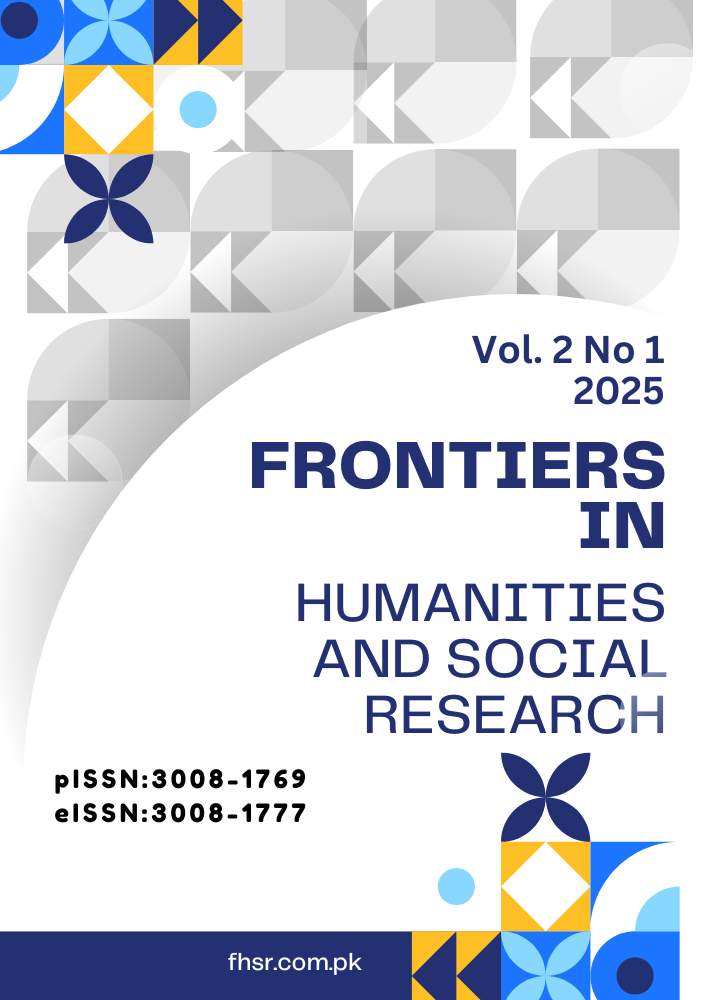From 'National Boundaries' to 'Cultural Continuum': The Evolution of China's Ethnic Policy Discourse System (1949-2025)
DOI:
https://doi.org/10.71465/fhsr28Abstract
In China's modernization process, ethnic issues have always been an important aspect of national governance. Since the founding of the People's Republic of China, the discourse system of ethnic policy has undergone multiple transformations, gradually shifting from an emphasis on the independence of 'ethnic boundaries' to a more inclusive concept of 'cultural continuum.' This evolution not only reflects China's gradual understanding of ethnic issues but also embodies the country's response to social changes. With the acceleration of globalization and social transformation, the discourse system of ethnic policy has undergone profound changes, especially in the context of cultural diversity, social integration, and global competition. This article aims to analyze the evolution of China's ethnic policy discourse system since 1949 and explore its far-reaching impact on Chinese society, politics, and culture.
In the mid-20th century, 'national boundaries' served as a normative framework that clearly defined the political and cultural identities of various ethnic groups. During this phase, ethnic policies focused on ensuring national independence, strengthening ethnic unity, and achieving social cohesion. However, entering the 21st century, the interaction between cultural identity and diversity has become the core issue of ethnic policy discourse, and the concept of 'cultural continuum' has gradually emerged as a new approach to resolving ethnic conflicts. This article reveals the characteristics of each historical stage and the ideological motivations behind them by sorting out the evolution of China's ethnic policy discourse system(Fu 2024, Yan and Vickers 2024).




